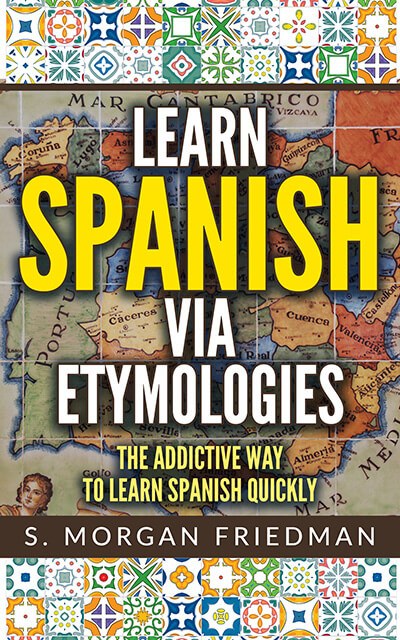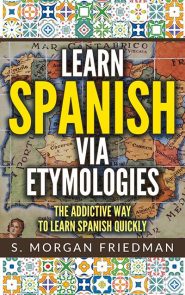Although ayudar (Spanish for “to help”) sounds little like the English “young”, both have the same great-grandfather.
Ayudar comes from the Latin adiutare also meaning “to help”, which in turn comes from ad- (meaning “towards”) and iuvenis, meaning “young”. To help, after all, is — at its core — what those with strength (the young) do for the elderly and those who can’t help themselves. Iuvenis is often written with the modern Latin-ish spelling of Juvenis — ahhh! Think Juvenal!
The Latin iuvenis comes from the Proto-Indo-European root *yeu-, which means “youth, strength”. From that root we get the Germanic jungas, from which we get the English young.
So youth, seemingly everywhere, is strongly tied to strength; and strength is tied to helping those who need it.

